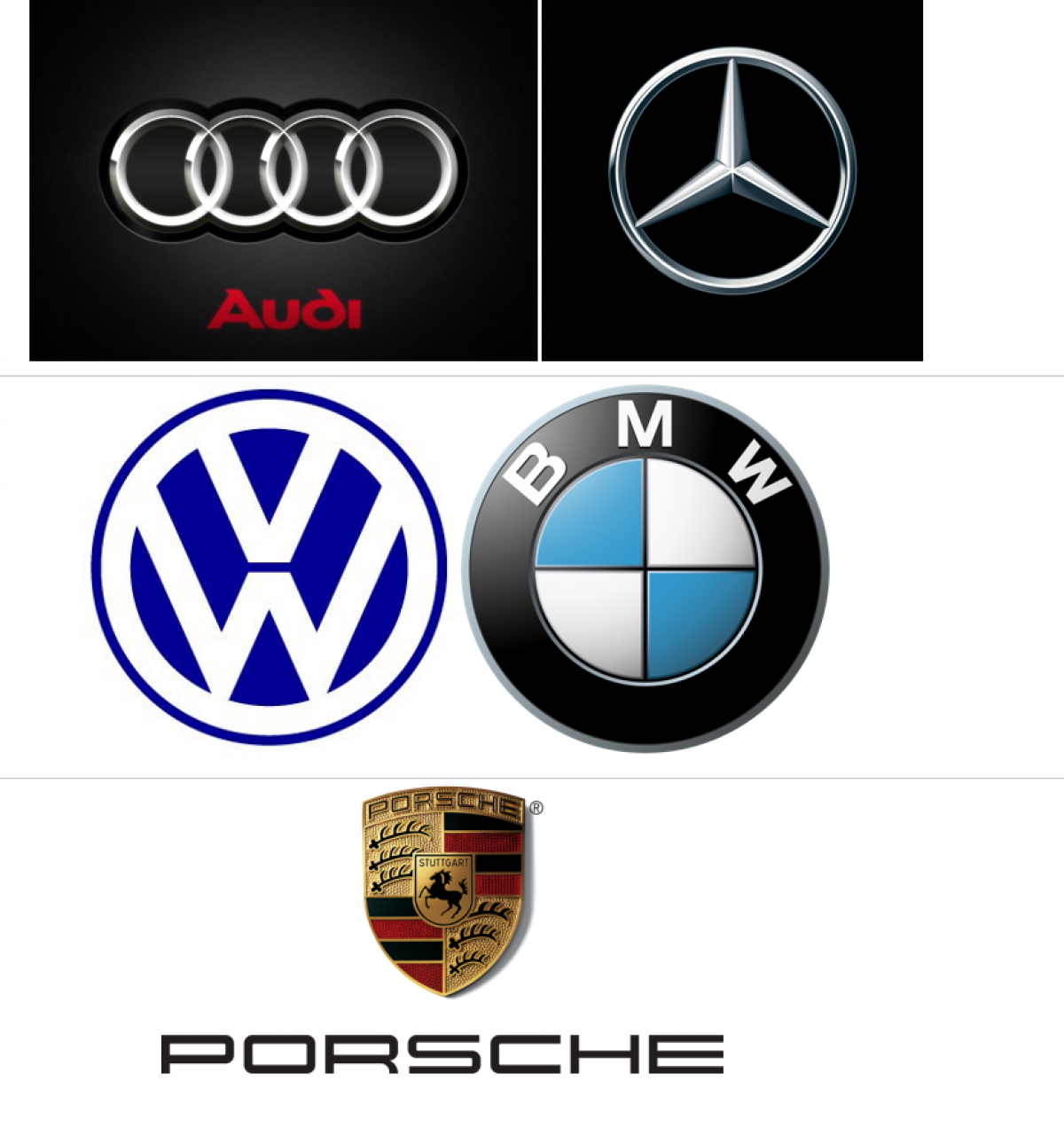Reactions to allegations over German carmaker cartel
Alexander Dobrindt, federal minister for transport (CSU):
“Manipulation cannot be tolerated (…) Sweeping driving bans are no sound political solution […] bans lead to a creeping expropriation of diesel customers […] Who thinks that our partnership with the industry amounts to cronyism hasn’t understood the social market economy […] We have to make sure that we still build the most attractive cars in the world in ten years’ time.”
Matthias Müller, VW CEO (on national TV station ARD):
“We’ll have to endure this. We’re used to having sorrows after all.”
Herbert Diess, VW brand manager:
“There is a lot of cooperation in the automotive industry, internationally as well as in Germany’s automotive industry. In my experience, cartel law questions have always been examined and dealt with very carefully.”
Hubertus Heil, deputy head of the SPD parliamentary group:
“We cannot just look on as this important industry goes down the drain. We cannot accept if managers break the law and they have to face the consequences.”
Horst Seehofer, CSU party head and state premier of Bavaria:
“We don’t want a cheap campaign against a key-industry for us in Bavaria as well as for us in Germany along the lines of ‘we’ll take cars off the road’”.
Winfried Kretschmann, Green Party state premier of Baden-Württemberg:
“[The retrofitting of diesel cars] has to be done by everyone involved, which means it has to have a mandatory character (…) We want binding and effective results [at the national diesel summit on 2 August] (…) I’ve always said that clean diesel exists. And I see no reason to change my mind.”
Martin Burkert, SPD MP and head of the parliamentary committee for transport:
“If the cartel allegations turn out to be true, that would be an irresponsible act with respect to the customers but also with respect to the entire German economy. The quality brand “Made in Germany” might see its reputation severely damaged (…) The carmakers don’t like anyone looking behind their doors, which is why we need clearing up now.”
Winfried Hermann, Green Party transport minister in federal state Baden-Württemberg (Interview with national TV station ZDF) :
“When the VW scandal broke [in 2015], we went to them [carmakers Daimler and Porsche from Baden-Württemberg] and asked them what was going on and they said: ‘We didn’t do it! We’re clean, we play by the rules’. It now seems very likely that this was not true (…) ‘Believing’ no longer appears to be an appropriate category, we have to look closer from now on. And we need control systems, independent controls (…) This is now a matter for the judiciary (…) And we need a different company culture, which takes responsibility at all levels – including the environment and the customers, not just the shareholders.”
Tobias Austrup, transport representative at Greenpeace:
“The car companies dodge all environmental standards with criminal energy. They ignore the enormous climate and environment problems caused by transportation, which they themselves have caused. They prevent dangerous air in inner cities from becoming cleaner. And with what almost amounts to tragic ignorance, they deny the looming end of their business model (…) Only by announcing a clear end date for the waning concept combustion engine can the German government prevent this foreseeable crash.”
Gerd Lottsiepen, transport spokesman for environmental association Transport Club Germany (VCD):
“A cartel of the five German car companies agreeing on almost every technical detail goes beyond any previous experience we’ve had with secret deals in the car industry (…) We have to assume that cartel agreements were made to simply put profit ahead of health concerns (…) It is scandalous that the German government now intends to sit at a table with the cartel [at the diesel summit on 2 August] while doctors, environmental organisations and consumer protections associations are supposed to keep out.”
Jürgen Resch, head of Environmental Action Germany (DUH):
“In all secrecy, Daimler, BMW, Audi and Volkswagen hold talks with the federal ministries for transport and for the environment (…) to discuss what measures the industry is ready to take voluntarily. But it is the government’s duty to explicitly demand that cars are retrofitted so that nitrogen oxide limits are met on the road (…) Politicians reject clear rules for a comprehensive and compliant emissions treatment, as though 10,600 people every year did not die of nitrogen oxide from diesel exhaust gas."
Find the press release in German here.
Klaus Müller, head of the Federation of German Consumer Organisations (vzbv):
“The allegations over cartel agreements by German carmakers are a ‘total loss’ for consumers. Instead of leading by technology, they might have bought themselves some major disadvantages, if cars are not worth what they promised to be (…) Customers won’t benefit from a possible sanction according to cartel law, but the treasury does (…) Possible subsequent damages resulting from retrofitting might have to be paid for by the customers the way things are right now.”
Read the press release in German here.
Herbert Behrens, Left Party MP and former head of the parliamentary committee for the emissions fraud scandal:
“Finally nobody will be able to believe that this was a scandal that only implicated VW. If the allegations are true, the companies would not only have damaged their suppliers, but also their customers and especially the health of people living in the cities. The degree of criminal energy in the industry would be frightening (…) [Transport] minister Dobrindt has given all manufacturers carte blanche if they did not admit it in spite of unambiguous leads from his own fact-finding commission. That makes him part of the cartel and disqualifies him as minister. In this new light, the diesel-protection summit can only be a farce.”


